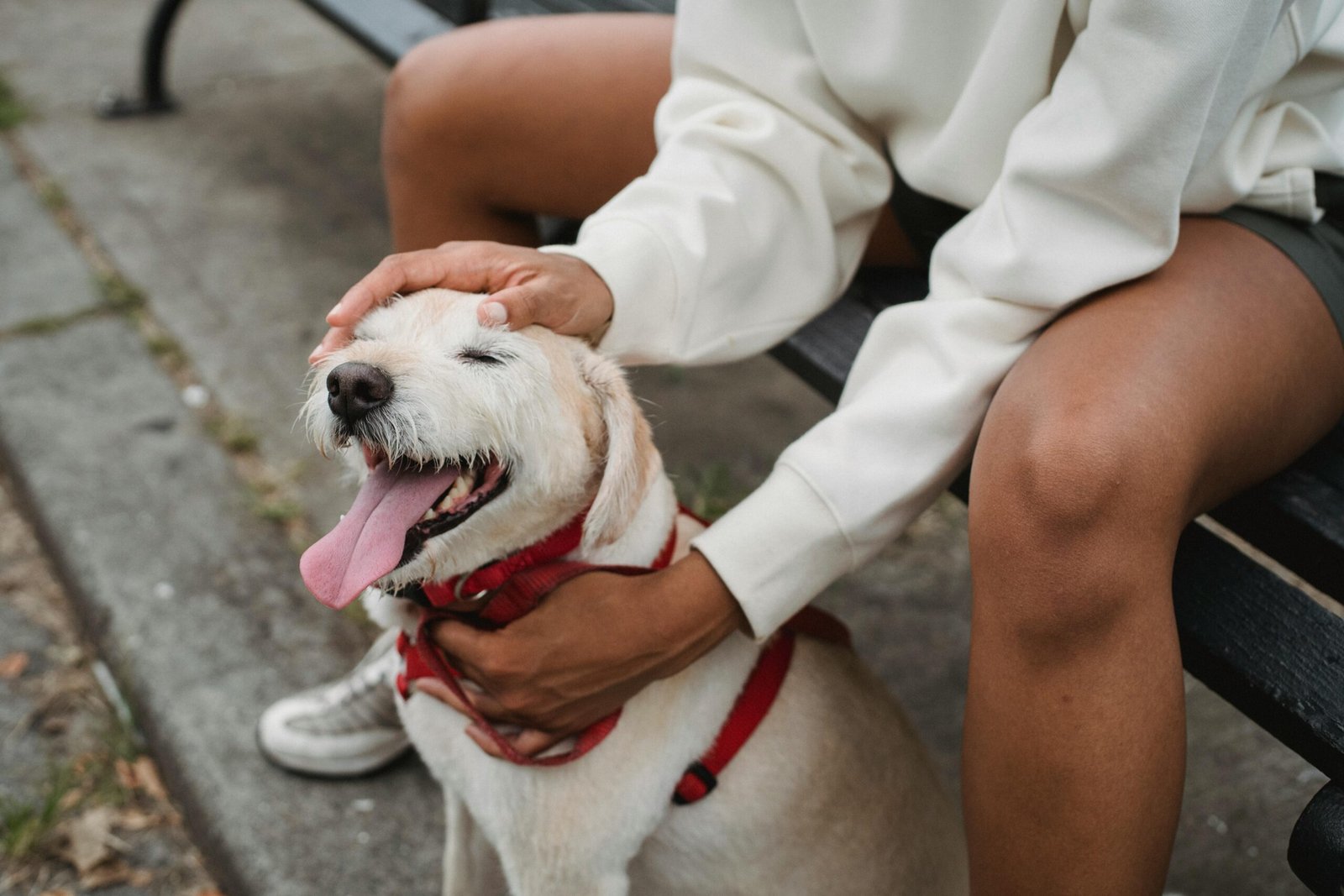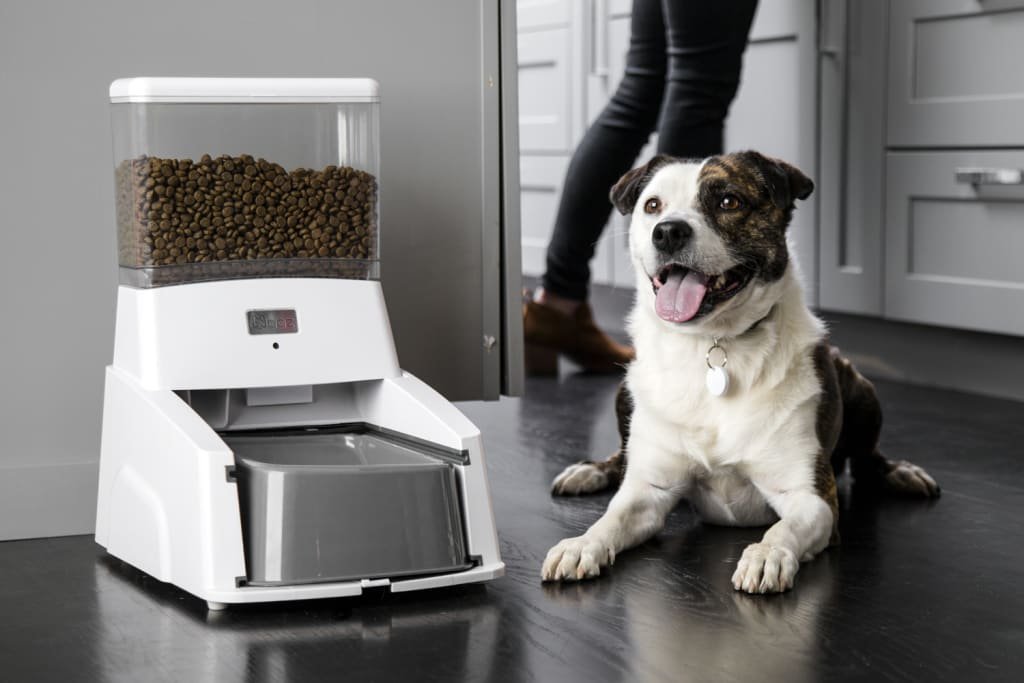It starts with a cuddle on the couch. Then a nap on the bed. Before you know it, your dog is hogging the pillows and snoring next to you every night. But should your pup really be sleeping in your bed?
Many dog owners are divided on this. Some say it strengthens the bond, while others cite poor sleep or hygiene concerns. Let’s look at the pros and cons so you can decide what works best for your household.
🐾 The Pros of Letting Your Dog Sleep in Your Bed
1. Strengthens the Human-Dog Bond
Sharing a bed builds closeness and security for both of you. Dogs are pack animals, and sleeping near their humans provides comfort and trust. Many owners report feeling emotionally closer to their pets when they co-sleep.
2. Eases Anxiety and Promotes Calm
For dogs with separation anxiety or fear of storms, sleeping beside you may reduce stress and nighttime restlessness. The physical presence of their favorite human can act as a natural calming aid.
3. You Might Sleep Better Too
Surprisingly, some studies suggest pet owners feel safer and more relaxed when their dog is nearby at night. Their rhythmic breathing can be soothing, like a living weighted blanket.
🚫 The Cons of Sharing Your Bed with Your Dog
1. Disrupted Sleep Quality
Dogs move, snore, scratch, and dream—sometimes loudly. If you’re a light sleeper or your dog sprawls like a starfish, you may find yourself waking up more often or feeling unrested.
2. Allergies and Cleanliness
Even the cleanest dog brings dander, dirt, and outdoor allergens into the bed. If you suffer from allergies or asthma, sharing bedding can aggravate symptoms. Not to mention muddy paws or lingering “wet dog” smells on your sheets.
3. Behavioral Boundaries Can Get Blurry
For dogs with dominance or boundary issues, sleeping in your bed may reinforce undesirable behavior—especially if they growl or guard the space. Consistent rules are key, and your bed shouldn’t become a battleground.
Things to Consider Before You Decide
- Your dog’s size and behavior: A calm Chihuahua may be easier to share space with than a restless Great Dane.
- Medical or hygiene issues: Skin infections, incontinence, or parasites are deal-breakers for bed sharing until resolved.
- Your personal sleep quality: If your dog disrupts your sleep, your own health will suffer in the long run.
Alternatives to Bed Sharing
- Set up a dog bed or crate beside your bed for closeness without full co-sleeping.
- Use a blanket or designated “dog spot” at the foot of the bed to reduce disruption.
- Train your dog to sleep in another room gradually using positive reinforcement and routine.
Final Thoughts
There’s no one-size-fits-all answer—just what works best for you and your pup. If co-sleeping gives you both comfort and restful nights, go for it. If it creates chaos or health concerns, there’s nothing wrong with setting boundaries.
Whatever you choose, make it a decision rooted in love, comfort, and the well-being of everyone under your roof—paws included.



